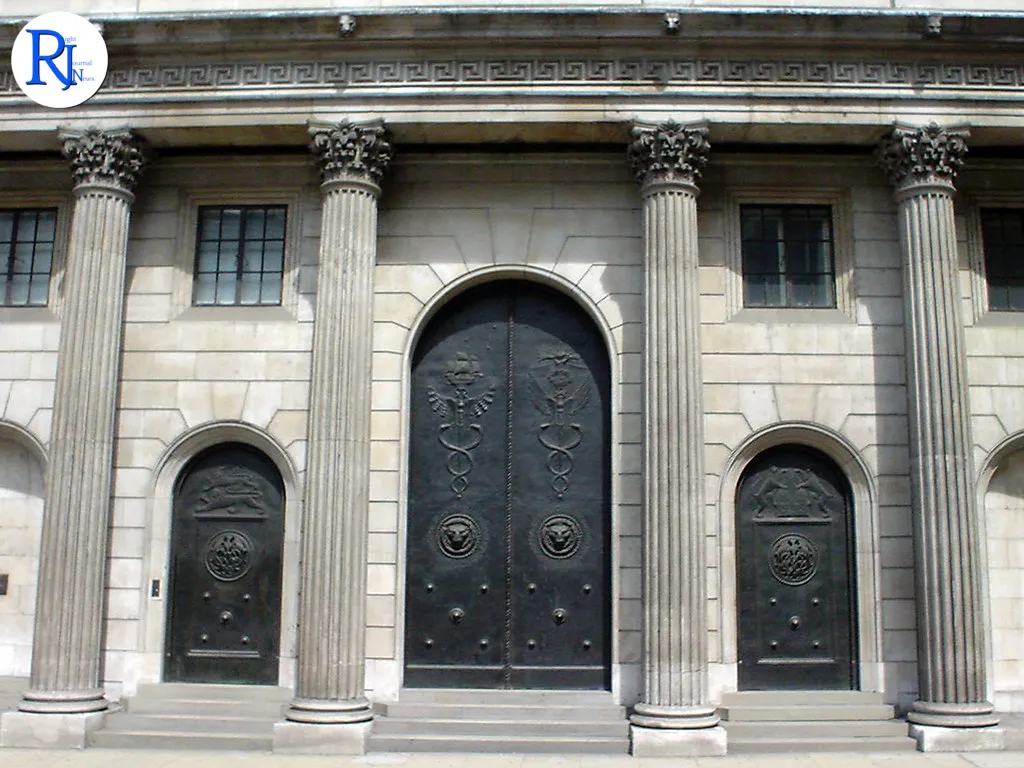The Bank of England stands ready to reduce interest rates if the UK job market shows signs of slowing, according to Governor Andrew Bailey. In a recent interview with The Times, Bailey expressed confidence in a downward trajectory for interest rates, reflecting the central bank’s commitment to supporting the economy during uncertain times. His comments come as the nation grapples with economic challenges and fluctuating employment figures.
A Strategic Move in Challenging Times
The Bank of England’s openness to cutting interest rates marks a strategic shift aimed at bolstering economic stability. This decision comes amidst a backdrop of economic uncertainty, characterised by fluctuating job market statistics and inflationary pressures. The Governor’s statement highlights the central bank’s proactive stance in responding to potential economic downturns, ensuring that the UK economy remains resilient.
Governor Bailey’s assertion that “the path is downward” for interest rates underscores a cautious approach, intended to invigorate economic activity and maintain consumer confidence. By potentially lowering borrowing costs, the Bank of England aims to stimulate spending and investment, crucial components of economic growth.

Current Economic Climate
The timing of this potential monetary policy shift is significant. As of July 2025, the UK economy is navigating a complex landscape marked by global economic challenges and domestic uncertainties. While inflation rates have shown signs of easing, the job market remains a focal point of concern for policymakers.
Recent data indicates a mixed picture for the UK labour market. Although unemployment rates have remained relatively stable, there are growing concerns about underemployment and wage stagnation. The Bank of England’s readiness to adjust interest rates reflects a commitment to addressing these issues proactively, ensuring that economic growth is not hindered by labour market constraints.
Expert Insights on Interest Rate Adjustments
Economists and financial experts have weighed in on the potential implications of an interest rate cut. Many agree that such a move could provide a much-needed boost to the economy, particularly in sectors heavily reliant on consumer spending. Lower interest rates can increase disposable income for households, encouraging spending and driving demand for goods and services.
Dr Lisa Thompson, an economist at the London School of Economics, notes that “a well-timed rate cut can act as a catalyst for economic recovery, especially when targeted towards sectors that are struggling.” She emphasises the importance of monitoring inflationary trends to ensure that any monetary policy adjustments do not inadvertently exacerbate inflation.
Historical Context of Rate Changes
Historically, the Bank of England has adjusted interest rates in response to economic conditions, with the goal of maintaining stability and fostering growth. The potential for a rate cut aligns with past practices, where the central bank has used monetary policy tools to navigate economic challenges effectively.
In recent years, the UK has experienced a series of interest rate changes, largely driven by external factors such as Brexit and global economic shifts. The current economic climate, however, presents a unique set of challenges, requiring careful consideration and timely intervention by the central bank.
Potential Impact on Businesses and Consumers
A reduction in interest rates could have far-reaching implications for both businesses and consumers. For businesses, lower borrowing costs can facilitate expansion and investment, enabling companies to pursue growth opportunities and enhance productivity. This, in turn, can lead to job creation and increased economic output.
For consumers, the impact of a rate cut is likely to be felt through reduced mortgage and loan payments, increasing disposable income and potentially boosting consumer confidence. This can lead to increased spending on goods and services, further stimulating economic activity and supporting sectors that have been adversely affected by recent economic challenges.
Looking Ahead: Economic Prospects and Challenges
As the Bank of England considers its options, the focus remains on ensuring economic stability and fostering sustainable growth. The potential for an interest rate cut reflects a broader commitment to addressing economic challenges head-on, with a view towards long-term prosperity.
Governor Bailey’s remarks signal a readiness to act decisively, reinforcing the central bank’s role as a stabilising force in the UK economy. As policymakers and economists continue to monitor economic indicators, the emphasis will be on maintaining a balanced approach that supports growth while mitigating potential risks.
The coming months will be critical in determining the trajectory of the UK’s economic recovery. With the Bank of England poised to adjust its monetary policy as needed, the focus remains on navigating challenges and capitalising on opportunities to ensure a robust and resilient economy.

